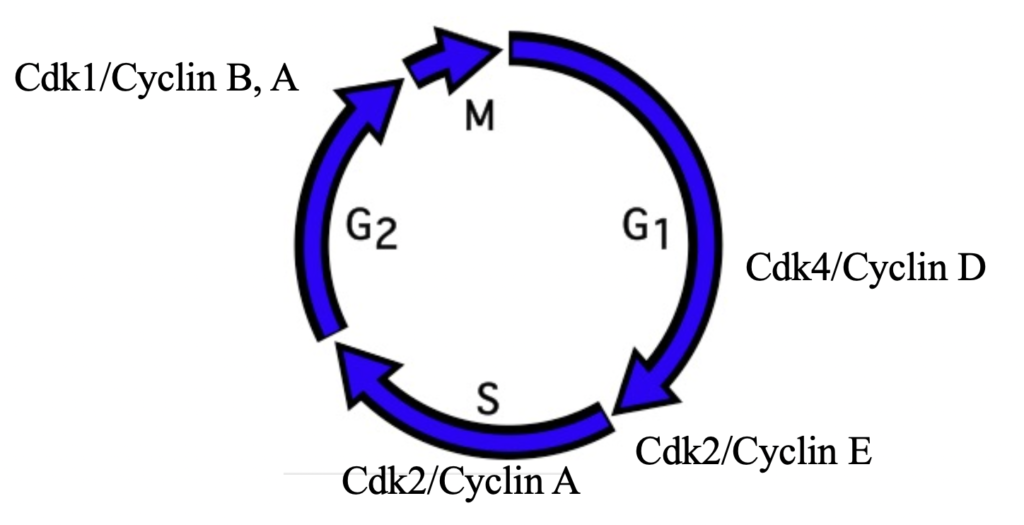
- Li- Fraumeni syndrome also known as sarcoma, breast, leukemia, and adrenal gland (SBLA) cancer syndrome, is a rare inherited autosomal-dominant disorder. It is associated with germline mutation in TP53 (tumor protein-53)- a tumor suppressor gene. Two other genes are also associated with LFS. These two genes are 1q23 and CHEK2 gene. However, the most common mutation associated with LFS is TP53 mutation.
- TP-53 is gene from which protein called p53 is transcribed. p53 is a tumor suppressor protein. Around 70% of families with LFS have mutation in TP53 gene.
- LFS increases risk of developing different kinds of cancer including soft tissue sarcoma, osteosarcoma, brain cancer, breast cancer and acute leukemia in children and young adults.
History
- In 1969, Drs. Frederick Li and Joseph Fraumeni reported about this cancer predisposition syndrome for the first time in their medical literature. Their attention was caught by things like inherited higher risk of developing cancer across several generations, wide range of cancers in affected families and development of cancer in early age in around half of affected individuals.
Inheritance of Li- Fraumeni Syndrome
- LFS can occur even if there is mutation in only one of the two copies of TP53 gene. Most of the people with LFS have one normal and one mutated copy of TP53 which is inherited from parent affected by LFS. Around 25% of people with LFS are found to have non-inherited mutation, i.e., new mutation in TP53 gene.
- Person with either inherited or new mutation in TP53 gene have 50% chance of passing normal TP53 gene or 50% chance of passing mutated TP53 gene to their children. Parent or siblings of person having the mutation may also have 50% chance of having the same mutation.
Cancer risk in Li- Fraumeni Syndrome patient
- There is around 90% risk of developing any type of cancer in LFS patient in their lifetime. Around 50% of this cancer may occur before age 30.
- Some people with LFS may never develop cancer.
Diagnosis of Li-Fraumeni Syndrome
- Before, diagnosis of LFS was done based on clinical signs and symptoms of patient and family members. Nowadays, various genetic testing techniques can be used to determine if the patient carries the mutated TP53 gene.
- Classical LFS syndrome is diagnosed when person shows following characteristics:
- Sarcoma diagnosed before age 45.
- The patient has first degree relative, parent, child, or sibling with any type of cancer before age 45.
- The patient has first or second degree relative with cancer at any age or before age 45.
- There are also some other classification criteria of LF syndrome like
- Chrompet criteria
- LFL-1, Birch definition
- LFL-2, ELES Criteria
Pathophysiology
- TP53 is tumor suppressor gene which codes for p53- a tumor suppressor protein. p53 in cell binds to DNA and lead to production of another protein called p21 which interacts with cdk2 (cyclin dependent kinase 2). P21-cdk2 interaction cause inhibition of cell passing to next stage of cell division by inhibiting passage from G1 to S phase.
- Mutation in TP53 gene produces mutant p53 protein which cannot bind to DNA effectively and hence no production of p21 protein to act as ‘stop signal’ for cell division. This leads to uncontrolled cell division and hence tumor occurs.

Figure- Cdk2 play important role in passage from G1 to S phase in S phase
Monitoring strategy for people with TP53 mutations to watch for development of cancer and Treatment
- Intensive screening plan may improve survival of people with TP53 mutation who don’t have any cancer symptoms. People should undergo regular testing like whole body MRI, brain MRI, abdominal ultrasound, and biochemical markers of adrenal cortical function on regular basis.
- Adults should perform monthly breast self-examination and clinical breast examination twice a year to monitor development of breast cancer.
- Treatment of cancer associated with Li- Fraumeni syndrome is similar to treatment of other cancer. There is no treatment method to treat mutations in P53 gene. Radiation therapy is generally avoided in patients with LFS syndrome as radiation associated secondary cancers are more common. CT scan or X-ray should be avoided.
References
- https://www.ncbi.nlm.nih.gov/books/NBK22268/
- https://www.statpearls.com/ArticleLibrary/viewarticle/24243
- https://www.cancer.net/cancer-types/li-fraumeni-syndrome
- https://www.uptodate.com/contents/li-fraumeni-syndrome
- https://www.statpearls.com/ArticleLibrary/viewarticle/24243
- Consul N et al. Li-Fraumeni Syndrome and Whole-Body MRI Screening: Screening Guidelines, Imaging Features, and Impact on Patient Management. AJR. 2021; 216(1).
- Vogel WH. Li- Fraumeni Syndrome. J Adv Pract Oncol. 2017 Nov-Dec; 8(7): 742–746.